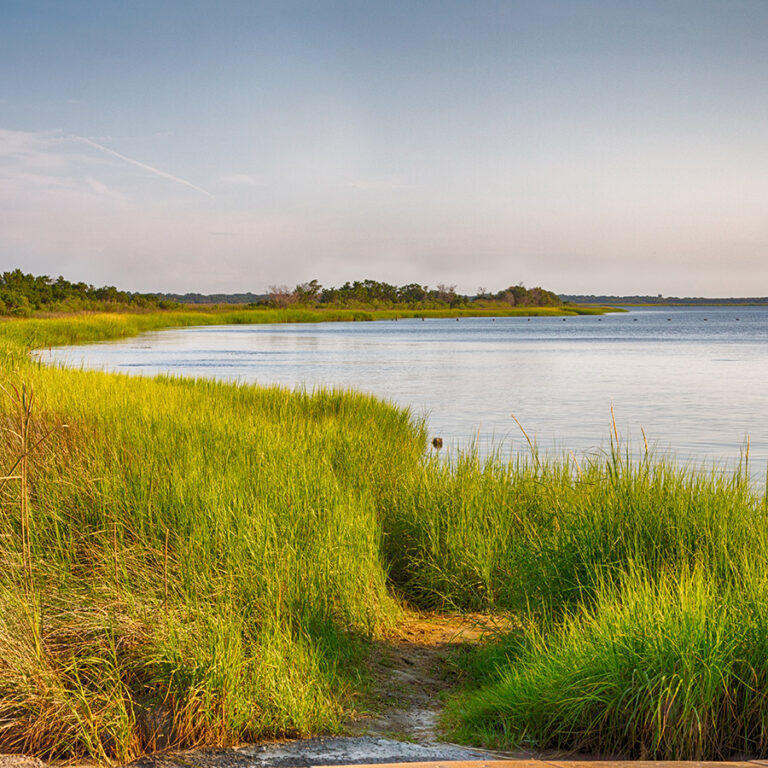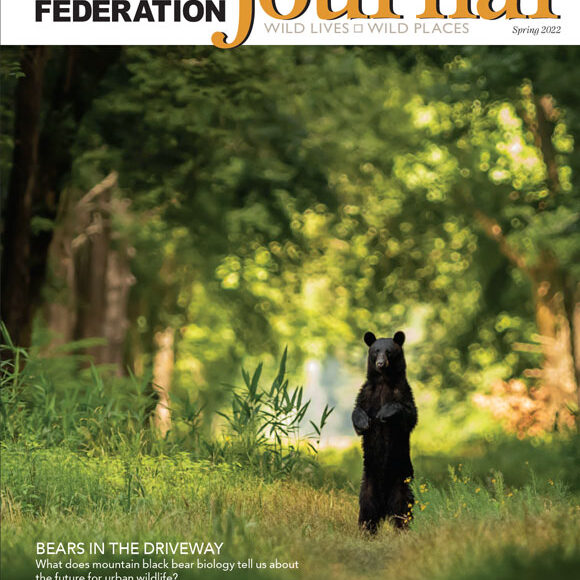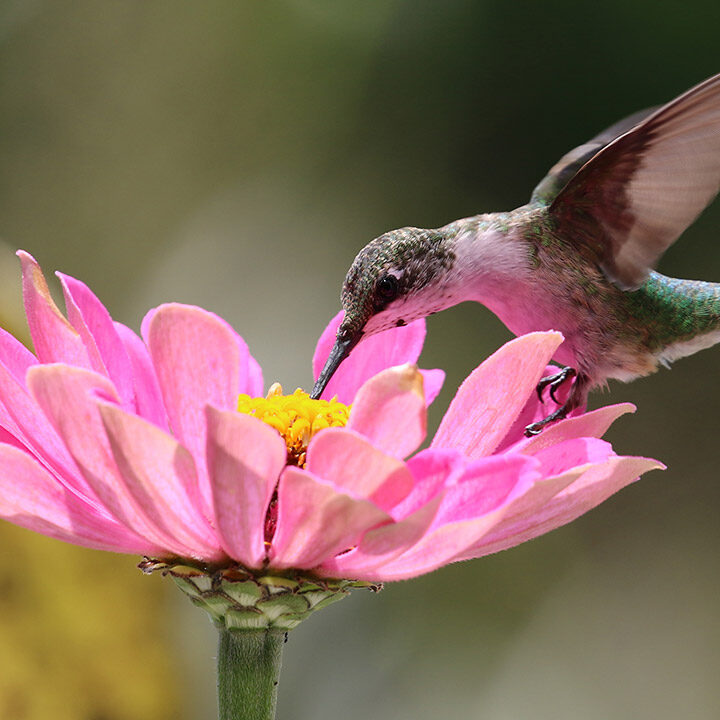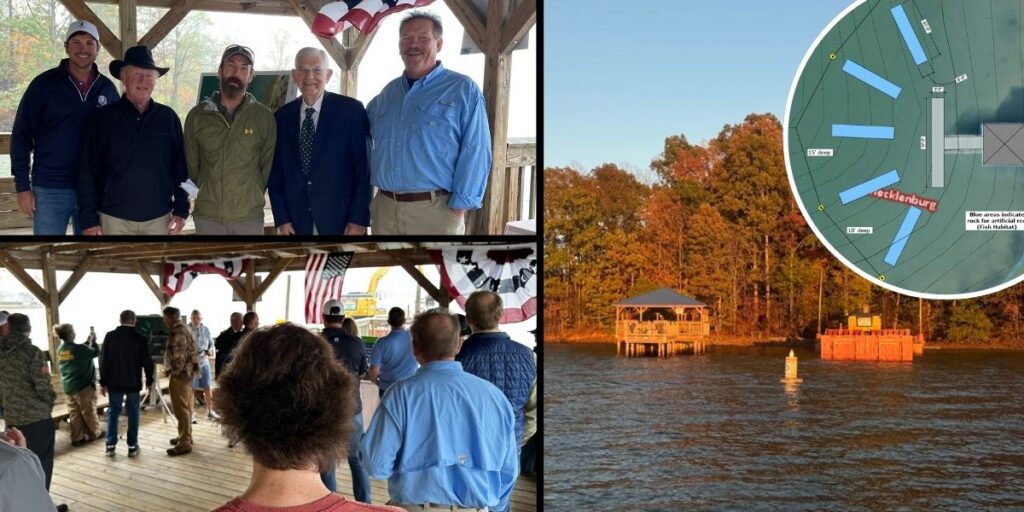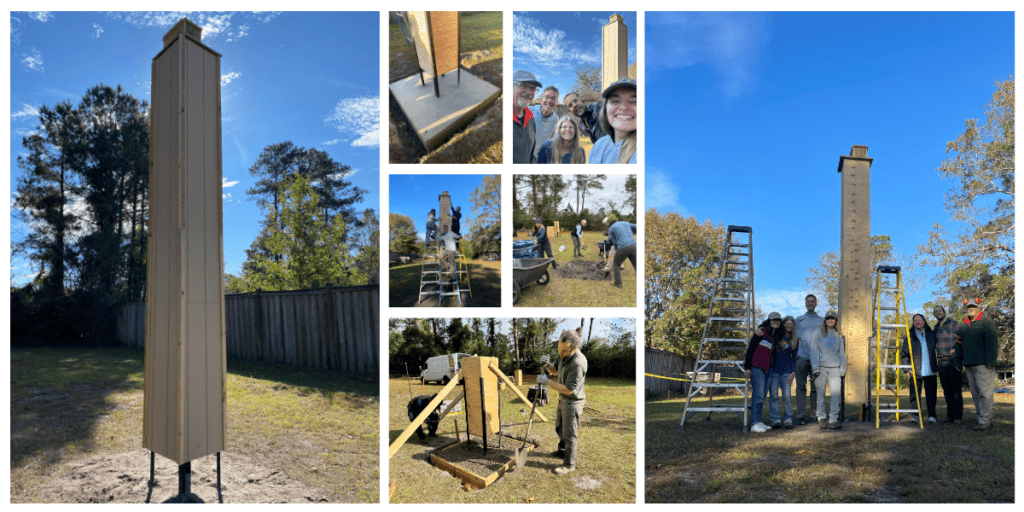Blogs & News
Photo by: Steve Genkins
NCWF Blog
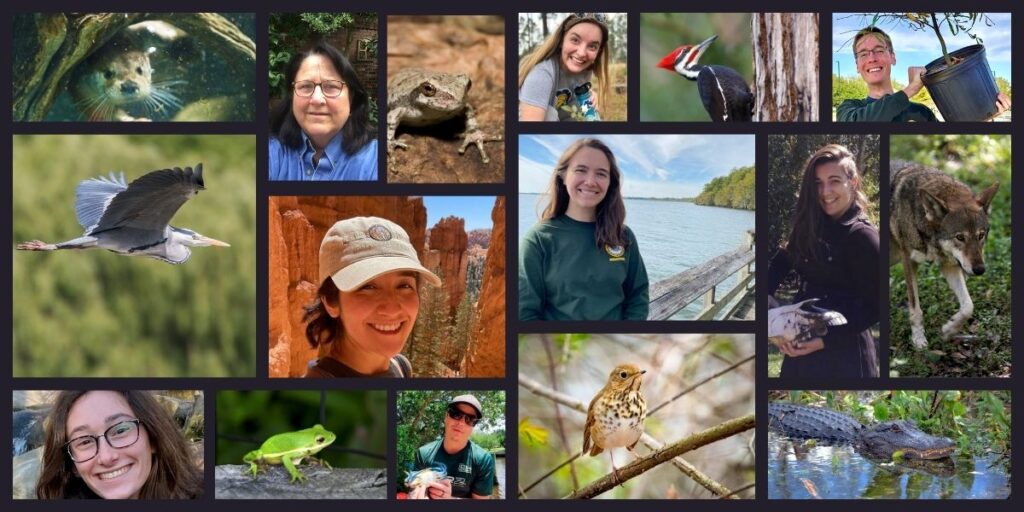
Statewide Conservation in Action – Meet the NCWF Outreach Team!
Are you new to NCWF or looking to learn more about our dedicated outreach team? We’ve got you covered. Protecting, conserving, and restoring wildlife across the state requires a collective…
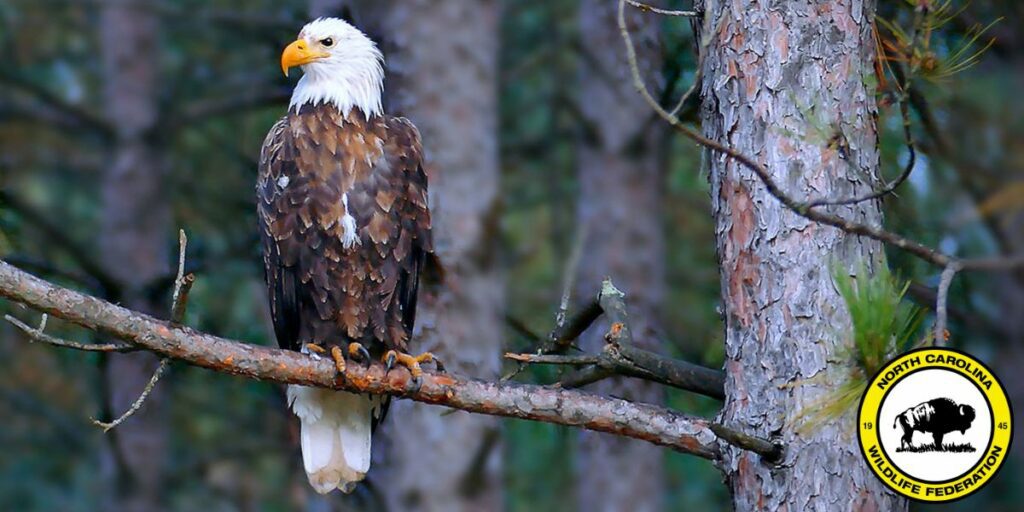
America’s Top 10 Federal Conservation Laws for the Protection, Preservation and Enhancement of Wildlife and Wild Places
When thinking about conservation today, an adage rings true: “To know where you’re going, you have to know where you’ve been.” The United States has a rich history of environmental…
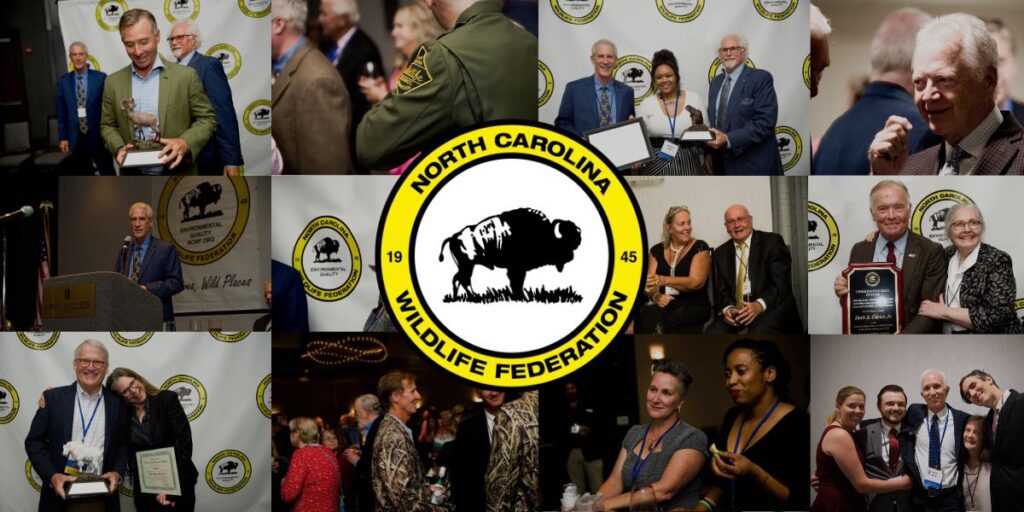
N.C. Wildlife Federation Announces 60th Annual Governor’s Conservation Achievement Award Recipients
North Carolina Wildlife Federation has announced the winners of its 60th Annual Governor’s Conservation Achievement Awards. Honorees for 2025 include agency professionals, elected officials, volunteers and organizations committed to North…
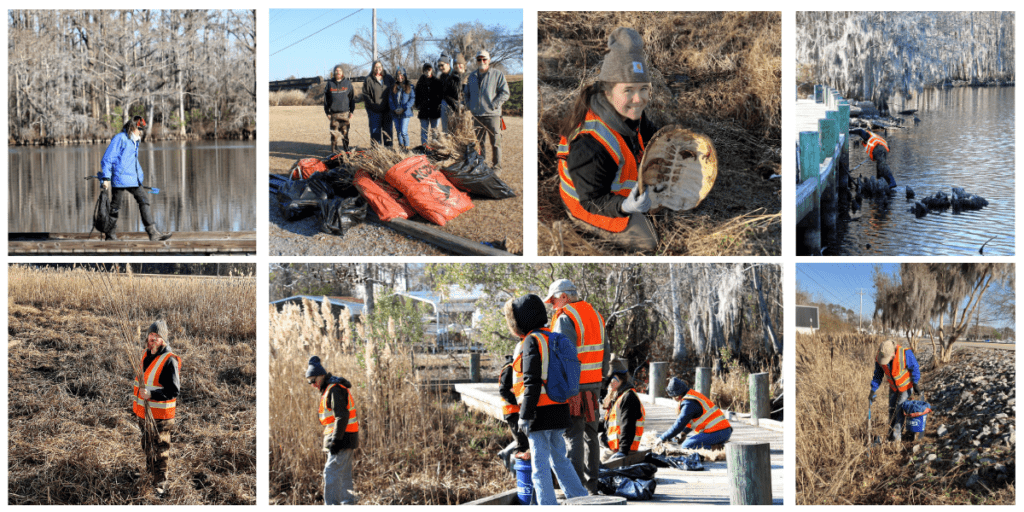
Thanks to Our Volunteers! – January 2025 Community Wildlife Chapter Updates
North Carolina Wildlife Federation staff and Community Wildlife Chapter volunteers were in full swing throughout the month of January, although they took a short hiatus for the holiday they still…
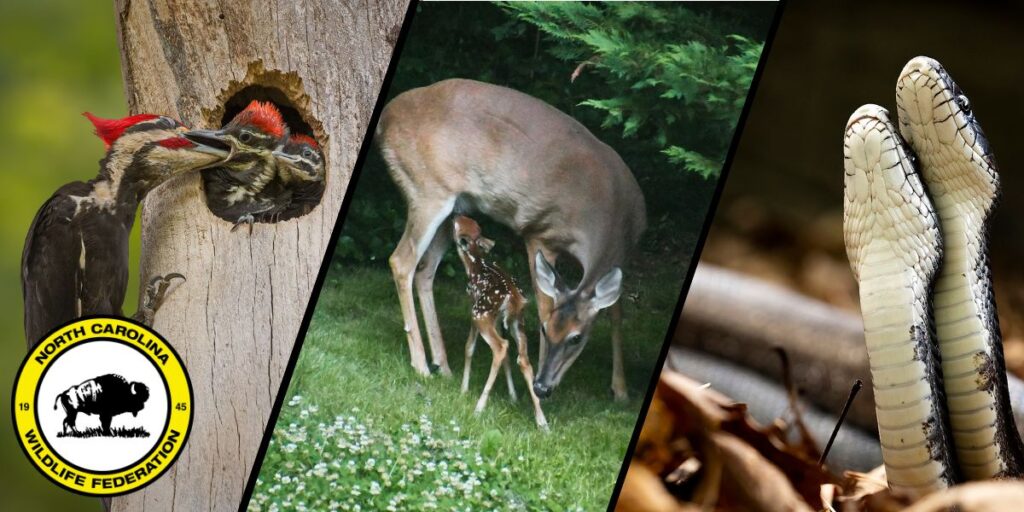
Family Matters – Explore North Carolina’s Wildlife Family Units
For some, it’s the sound of chicks chirping from a porchside wren nest. For others, it’s the sight of a doe and her yearling fawns from a deer stand. Or…
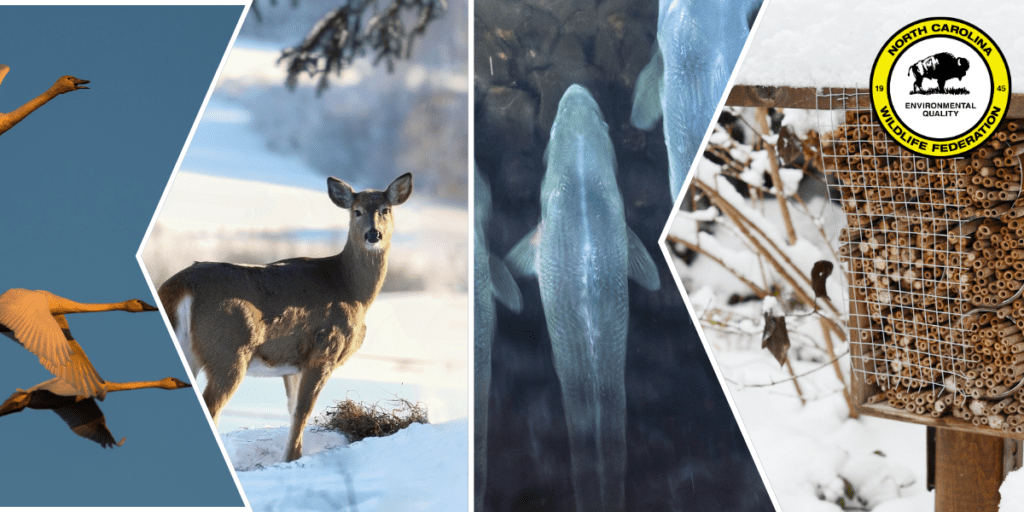
Wintering Wildlife – 3 Ways North Carolina Species Brave the Cold Season
What do you know about wintering wildlife? In December, the coldest months of the year are upon us. In the winter, you’re probably sitting in a temperature-controlled building, or wearing…
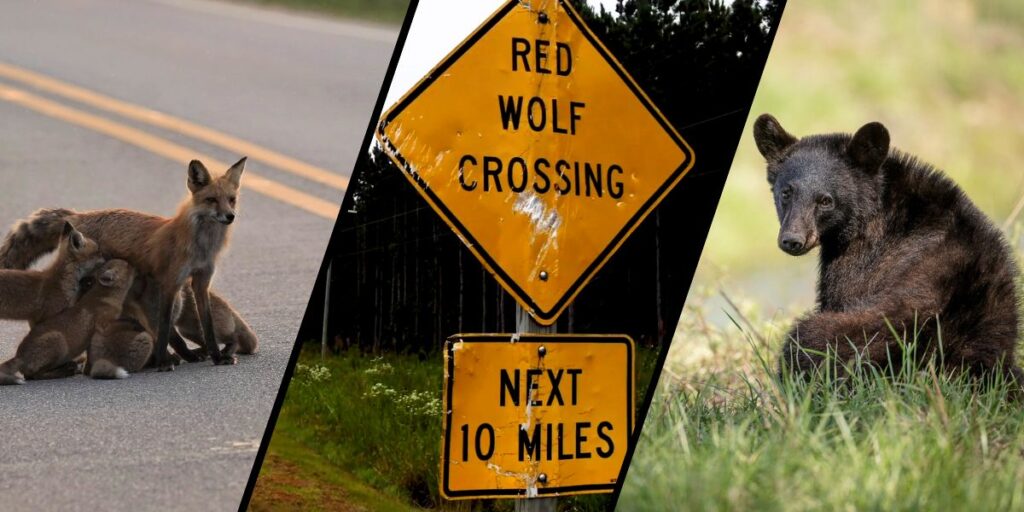
Exciting News for North Carolina Wildlife: A $25 Million Investment In Wildlife Crossings and Road Safety
Road Crossings Secure Safe Passage for NC Wildlife The Federal Highway Administration awarded $25 million to North Carolina for wildlife crossings, making roads safer for wildlife and people. This is…
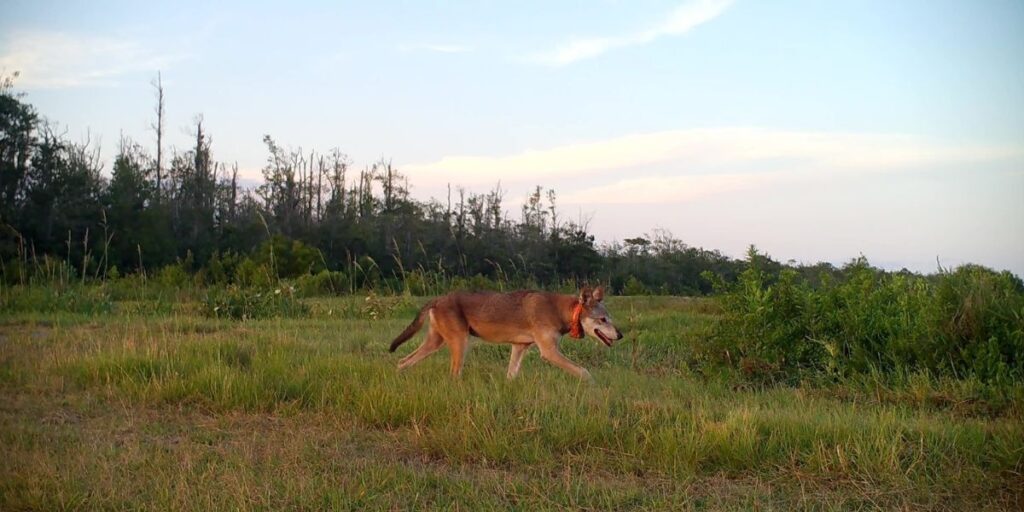
A Significant Step Forward for Red Wolf Recovery: NCWRC’s New Resolution
On December 5, 2024, the North Carolina Wildlife Resources Commission (WRC) took a crucial step forward in collaboration toward Red Wolf recovery efforts by adopting a resolution that supersedes previous state agency…
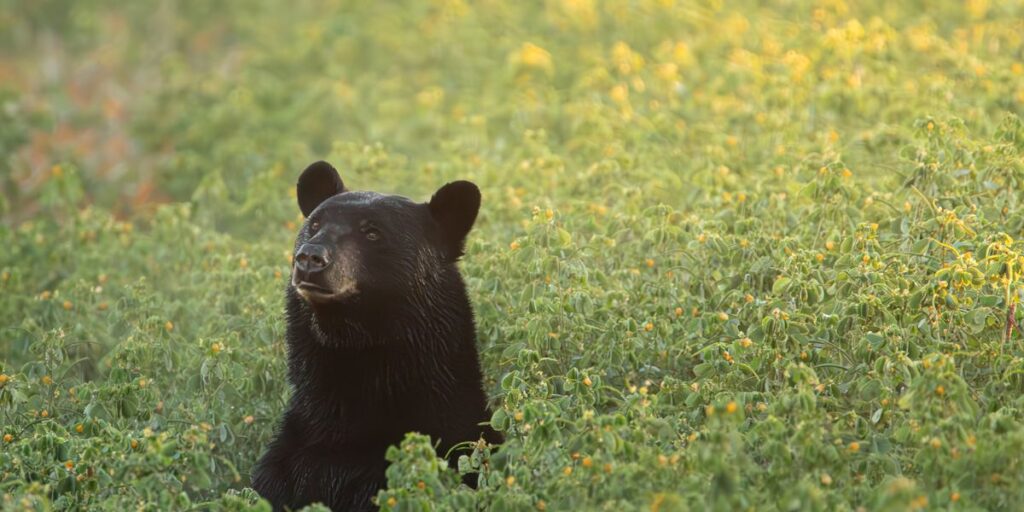
The State of Our Wildlife – 2024 Year In Review
“When I consider that the nobler animals have been exterminated here – the cougar, the panther, lynx, wolverine, wolf, bear, moose, deer, the beaver, the turkey and so forth, I…
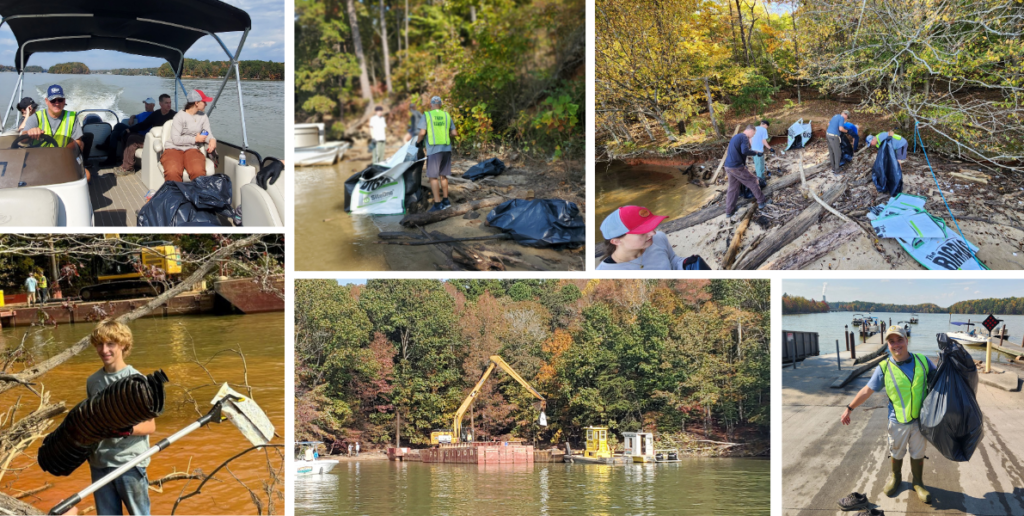
Post-Hurricane Helene Cleanups: The North Carolina Wildlife Federation’s Efforts to Restore Lake Norman
When Hurricane Helene swept through North Carolina, the impact on Lake Norman’s waterways and shorelines was devastating – destroying critical wildlife habitat and millions of dollars of infrastructure. In the…


